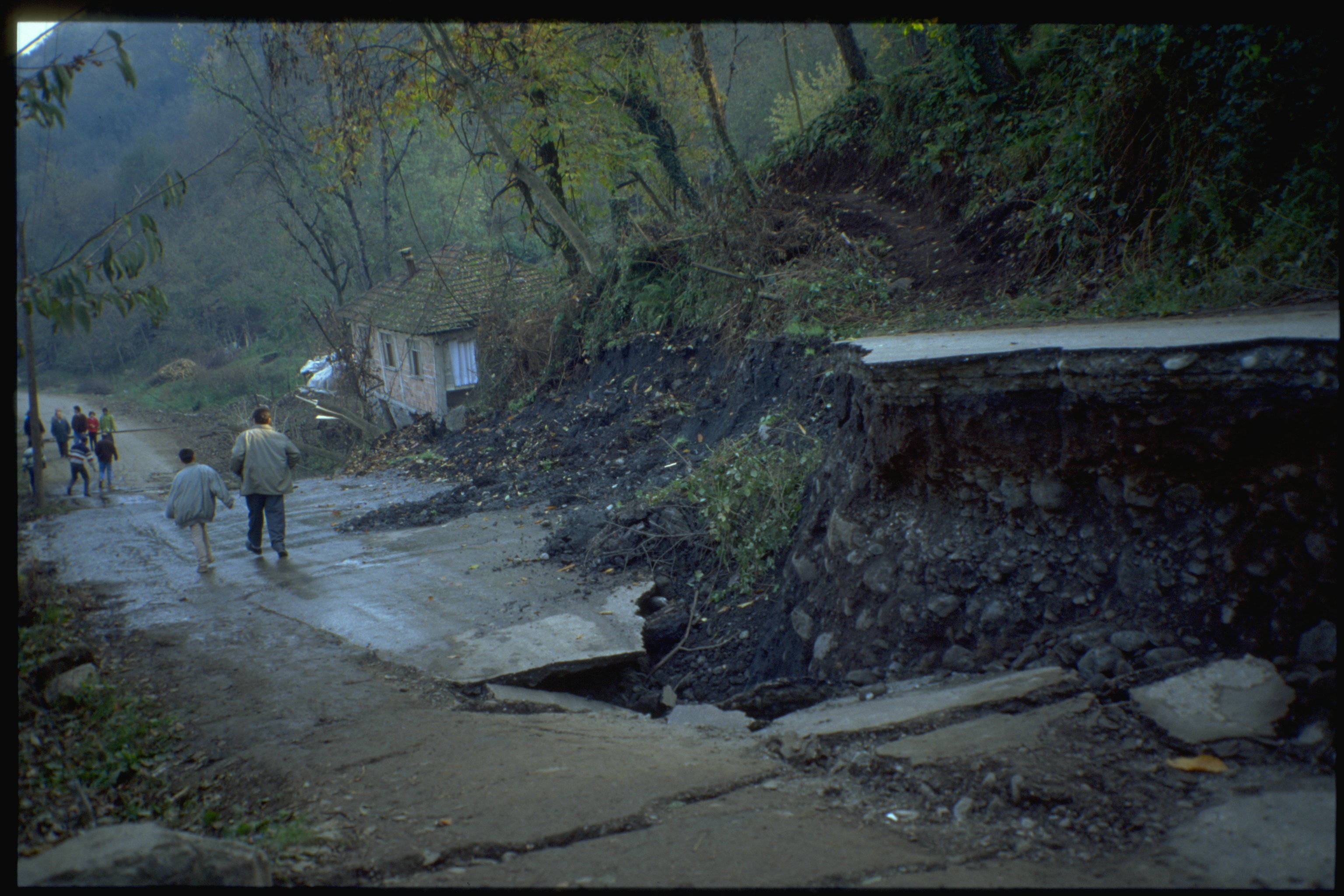All Categories
Featured
Table of Contents
What Do Geoscientists And Hydrologists Do? in Champion Aus 2021
This work is increasingly contracted out, so consultancies provide another source of work. Consultancy companies vary in size, from extremely small companies to big multinationals. Some consultancies are quite specialised in using specific geophysical techniques or working in particular locations, while others provide a more varied series of services to their consumers.
The extraction of gas from landfill websites is another area of employment and this may grow in the future. Expedition companies might carry out work for building firms, public utility, mining companies and environmental agencies, so geophysicists might be utilized in any of these settings. Other employers include: geological surveysgovernment bodies and agenciesuniversities and research institutes.


Vacancies may be listed in the oil and gas sector press. Recruitment is affected by oil rate fluctuations and the level of competitors for positions varies depending upon this. Careers Days, which cover the full series of geoscience careers and are typically gone to by a number of key industry companies, are run by The Geological Society.
Geophysicist Jobs in The Vines Western Australia 2021
A few of the big oil and gas business offer a complete two-year structured training programme across the breadth of geophysics, including the opportunity to experience work in different groups prior to specialising in one location. Your training may consist of work on: existing wellsmagnetic and gravitational prospective field data analysisresearchrock analysis. Nevertheless, it's more typical for your initial training to be supplied on the job.

There might be a probationary period throughout which you work together with a skilled associate. Competency-based appraisals take place frequently in most companies. In smaller companies, and for academic posts, there is not likely to be any official training - you'll be expected to begin work straightaway and get abilities as you go along.
If you work for a smaller business, you may discover that you require to take responsibility for setting up and funding your own development and training. If you have a geology degree, subscription of The Geological Society can be helpful for networking and for keeping up to date with the market.
Course: Basics In Geophysical Surveying in North Perth Aus 2021
You might also discover it useful to sign up with the PESGB (The Petroleum Expedition Society of Great Britain, which has a geophysics special interest group. After a probationary period, and when you've gotten some experience, you could progress to senior geophysicist, then team leader and after that into a senior role in management.
The ease of movement between functions depends upon the business structure. Research study at Masters or Ph, D level in a subject associated to geophysics or geosciences may assist with your profession development and development. The work market within the oil and gas industry is extremely dependent on cost and this might affect your chances for profession development.
For knowledgeable geophysicists, freelance consultancy offers an excellent route for profession development. As a geophysicist, you're most likely to have several jobs throughout your working life.
How To Become A Geologist Or Geophysicist in Bedford Oz 2022
From geophysics, it's possible to focus on seismology (completing more training to become a seismic interpreter) or to move into related areas such as engineering geology or hazard forecast.
Deciding what to study in college is a hard choice. Even if you understand that your field of interest lies in science, what program of research study is ideal for you?
The first step to achieving your objective of becoming a geophysicist is making a degree. Even for entry-level positions in the field of geoscience, you'll require a bachelor's degree (a geophysicist college degree) from a recognized college or university. Geophysicists should be able to: examine rocks, photos, and other pieces of information conduct research both in the field and in laboratories develop maps and charts of their findings write reports To accomplish all this, students require a specialized education for geophysicist careers.
As specified above, you'll require a bachelor's degree in geoscience or a related discipline, such as a physical science or a natural science, to land an entry-level job. Students can likewise prepare by majoring in subjects like: Biology Chemistry Computer system science Engineering Mathematics Physics The above geophysicist majors use a more generalized technique to a single scientific discipline, however the majority of programs require students to take one or more geology course.
Latest Posts
Geophysical Survey in Jandakot Australia 2020
Geophysics Definition & Meaning in Roleystone Oz 2021
Geophysical Survey - Explore The Seafloor in Kinross WA 2021